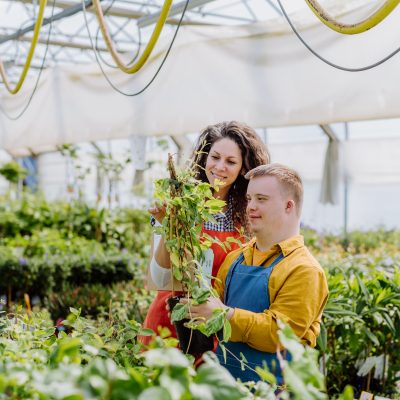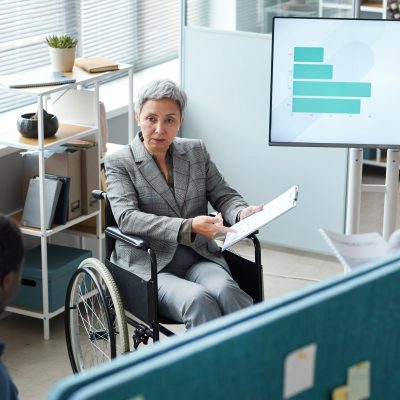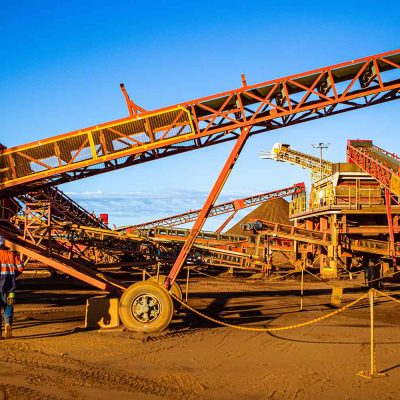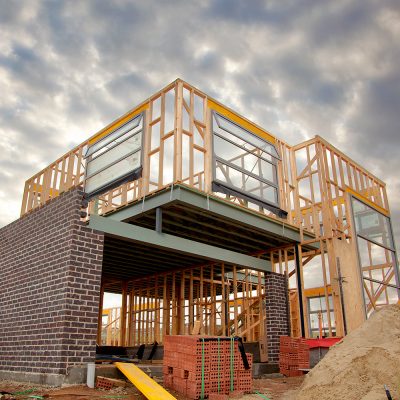Daniel Kiely on economic research that improves lives
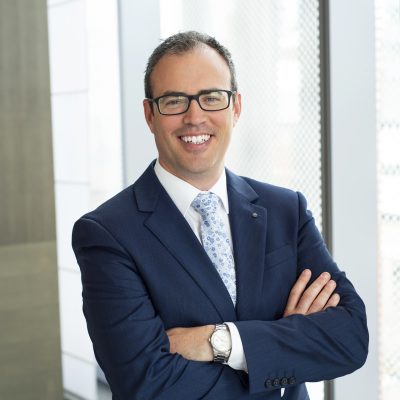
Daniel Kiely is a Senior Research Fellow with the Bankwest Curtin Economics Centre, researching a diverse range of economic issues, including the economics of small businesses, international education and women’s outcomes.
What is it like working at BCEC?
I have been at BCEC now for almost six years. During that time I have had the opportunity to work on a wide array of critical economic topics, many with a strong social dimension. Coupled with the passion, enthusiasm and knowledge of the team, it is very fulfilling working at BCEC.
Something that gives me a particular energy is the opportunity to engage with critical stakeholders, including Bankwest, across all stages of the research process. Listening to the real life stories, the economic opportunities available in this great state and country, but also the difficulties, hardships and barriers that exist, re-emphasises the need for good research to inform policy and decisions towards making the country a better place for all that live here.
What inspired you to become an economist?
In a way, I stumbled into life as an economist. I wanted to be a high school teacher, and with a strong passion for history, I studied an Arts degree at University College Cork (UCC), Ireland. I had to pick an additional three subjects in year one, and I went with Archaeology, the Gaelic language, and Economics. I did not study any business subjects in high school, so taking economics was a gamble. But, I loved it from day one – the human dimension, developing an understanding human behaviours and decision making processes really intrigued me. It combined really well with history and my love for political issues. I won The John Busteed Memorial Prize in Economics for my academic grades in first year at University, which gave me the confidence to major in economics.
After my degree I undertook a Higher Diploma in Education, but felt my economics journey was not finished! So, I enrolled for a Masters in Economics at UCC, with my thesis focusing on financial economics. At the time, master’s students were required to give tutorials to undergraduate students, and I must have done an okay job, as I was offered a lecturing position on completion of my masters!
At UCC we had a staff development program, which supported young academics to pursue a PhD in another University while working full-time. While this had its challenges, at a time too when my wife Rochelle and I starting having a family, I learnt a huge amount about myself. My PhD topic investigated immigrant labour and housing market outcomes in Ireland at a time with the Celtic Tiger was roaring and EU enlargement meant that skills gaps in Ireland could be filled by new European accession states. The strong Irish and family history of immigration provided an appetite to investigate this area. The human stories provide my motivation.
What is your research focus?
I am very slow to label myself with a particular area of expertise. I remember a conversation one day with my PhD supervisor, Professor Vani Borooah, where he said he was happy to investigate any economic topic once it was interesting and there was sufficient data to address the question! That resonated with me, at a time in my career when I felt a pressure to ‘label’ myself. My focus is to investigate interesting questions, the answers to which matter for individuals, industry, government and society at large.
That has led me to investigate a great diversity of issues, ranging from the economics of small businesses, international education, and agriculture, women’s outcomes, the effectiveness of early childhood interventions, and the digital divide among others. I also like to have my finger on the pulse of the broad macroeconomic environment, and I really enjoy presenting findings from the BCEC Quarterly Economic Commentary to industry and key stakeholders.
Tell us about something interesting you are working on.
I am currently working on an economic impact assessment relating to the Future Battery Industries. This is a very interesting as the national and state economies looks to diversify, building on comparative advantages, while also looking to address the environmental issues and energy challenges facing our globe.
What support have you had to enable your career?
Life is indeed a journey where you never stop learning! My 20-year-old self thought that once I had a degree, I could sit back and relax! I am always looking at ways to grow, both personally and professionally. Over the course of 2020, I was fortunate enough to be supported by BCEC and the Faculty of Business and Law at Curtin University to pursue LeadershipWA’s Signature Leadership Program.
Through an experiential mode of learning, reflecting on my engagement with leaders across the state shed particular light on my personal values and how important these are for good leadership. I have no doubt that this will stand to me throughout my career, as will the fantastic network and friendships I developed on the journey.
What key skills do you need for your job?
There are the standard criteria required to be an economist, such as data analytical and writing skills, and having an inquisitive mind. However, for me, there needs to be a reason for doing the research – the why. Perhaps this is more motivational than skill based. But, there is a skill in being able to connect with individuals and stakeholders in an authentic manner, and for me that is the skill of listening and an ability to find the human story in the data/information. There is a richness in engaging with key stakeholders and developing trusted networks. Through these engagements you are more likely to design meaningful research questions and methodologies, applying a human lens to the data analysis. This will in turn lead to better research with impactful outcomes that are more likely to make a difference.

